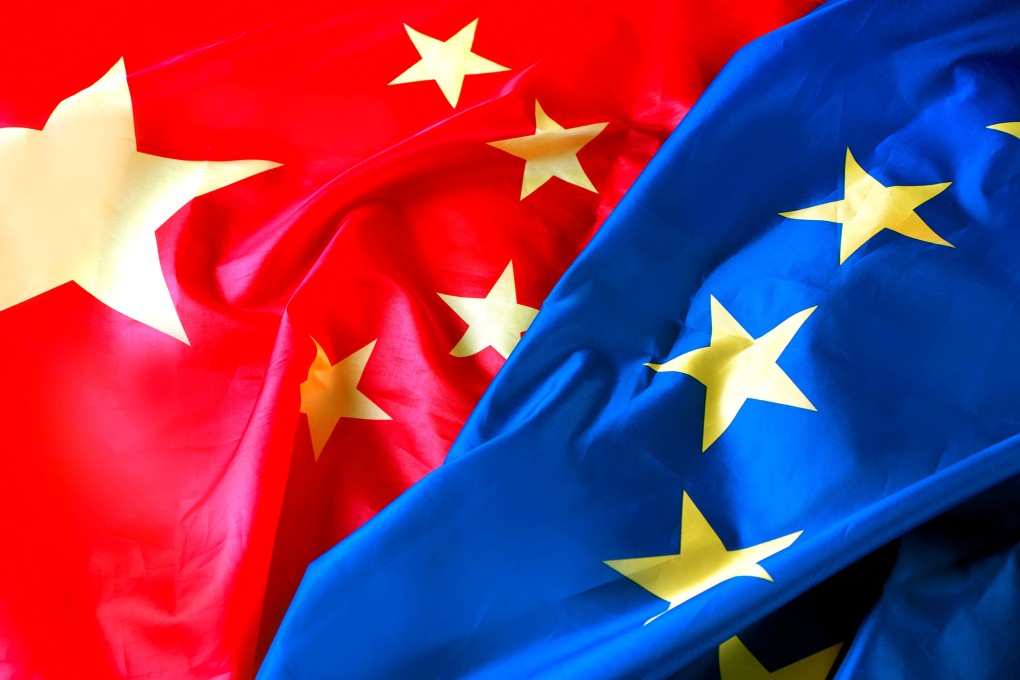China fills year-old EU envoy void by naming new ambassador
- Fu Cong replaces Zhang Ming who left Brussels last year to head the Shanghai Cooperation Organisation
- Beijing and the bloc remain at loggerheads over Lithuania and hi-tech licences

Veteran diplomat Fu Cong, 57, takes on the new role after serving as director general of the foreign ministry’s Department of Arms Control, which formulates policy on international arms control and disarmament.
“Arrive in Brussels today and feel very honoured to start the new position,” Fu tweeted on Saturday.
In a welcome message posted on the Chinese mission website on Saturday, Fu said: “China looks forward to seeing the EU become an important partner in the process of Chinese modernisation and share in the opportunities brought by China’s huge market and China’s efforts to advance institutional opening up and deepen international cooperation.
“China stands ready to work with the EU to keep the right perception of each other, properly manage differences, carry out cooperation at a higher level and strengthen coordination in international affairs.”